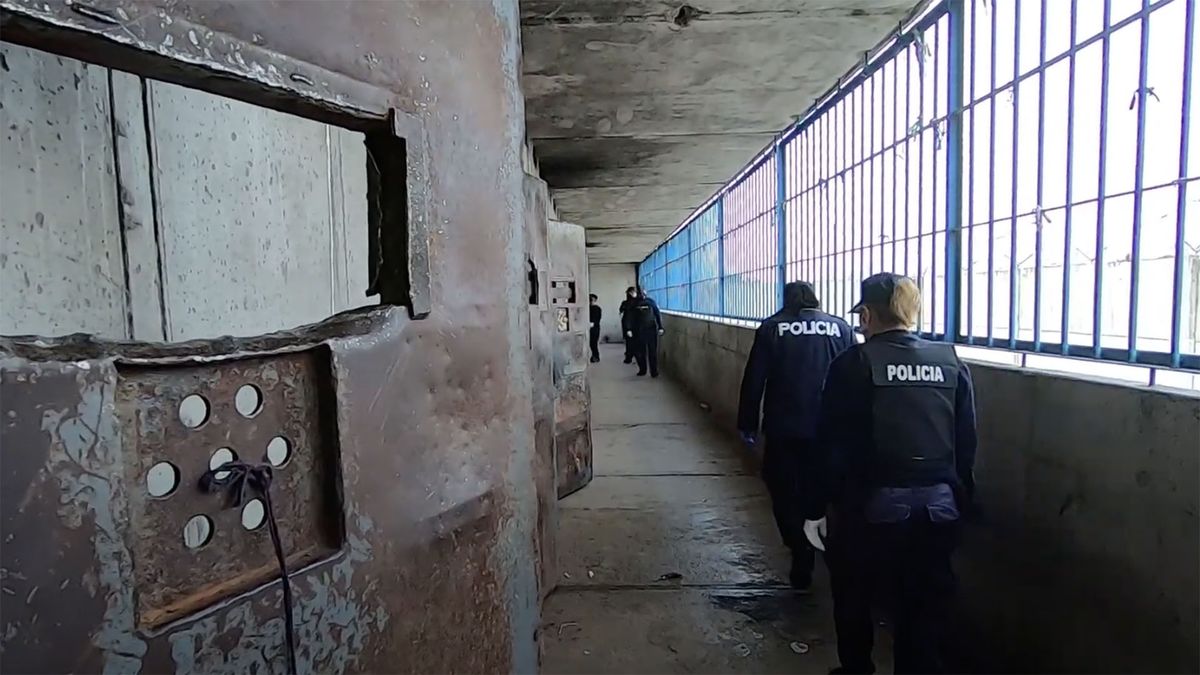He United States Department of State warned Uruguay for the state of the country’s prisons, although he highlighted the guarantee of judicial processes and the independence of powers.
The United States published its latest annual report on Human rightsin which it warns that “the conditions of prisons and detention centers” in Uruguay are “bad and inhumane in various facilities due to overcrowding, poor sanitary conditions, inadequate medical care, inadequate socio-educational programming and high levels of violence among inmates.
The work collects data from December 2021, from which it indicates that the inmate population was a 120% above capacity physics of the establishments. Disaggregated, in eleven prisons it exceeded 100%, in six it was above 150% and in one of them, it even exceeded 300% capacity.
In these cases, the inmates were sleeping on the floor and lacked social and educational activities, according to the US State Department report.
Criticism around human rights and compliments to the government
According to the American study, 34% of inmates in 2021 suffered cruel, inhuman or degrading treatment, while 56% of the inmates were not adequately prepared for social integration upon release; Data that account for the failure of the Uruguayan penitentiary system.
Likewise, there were occasions in mixed prisons where the women they were assigned to the worst parts of the establishments, with less access to food, private spaces and family visits.
the lack of hygiene, the non-access to drinking water, the feeding unsatisfactory and deficiencies in the medical attention routine and emergency —both in physical health and in mental health and addictions— are other worrisome points for the Department of State regarding Human Rights in prison populations.
“At times, the authorities kept prisoners confined in cells for long periods without the opportunity to move, exercise or use showers or sanitary facilities,” the document states, as the most illustrative example.
The strengths of the government
On the other hand, the report highlights the government transparency on these issues, inasmuch as it allowed monitoring by independent non-governmental observers, who gave an account of the state of the prisons.
Other issues pointed out as positive is that “the Police detains suspects with warrants issued by a duly authorized officer” and that the Power of attorney works independently and impartially, respecting the procedural rights of defendants—although at times made it difficult to provide a public defense attorney in all cases where detainees could not afford a private attorney.
Source: Ambito




